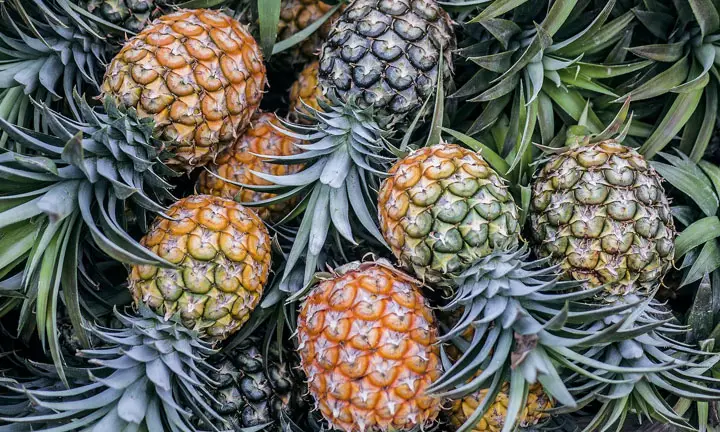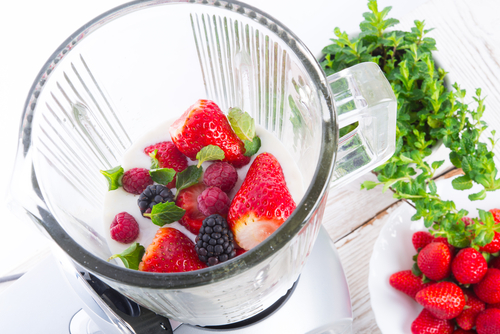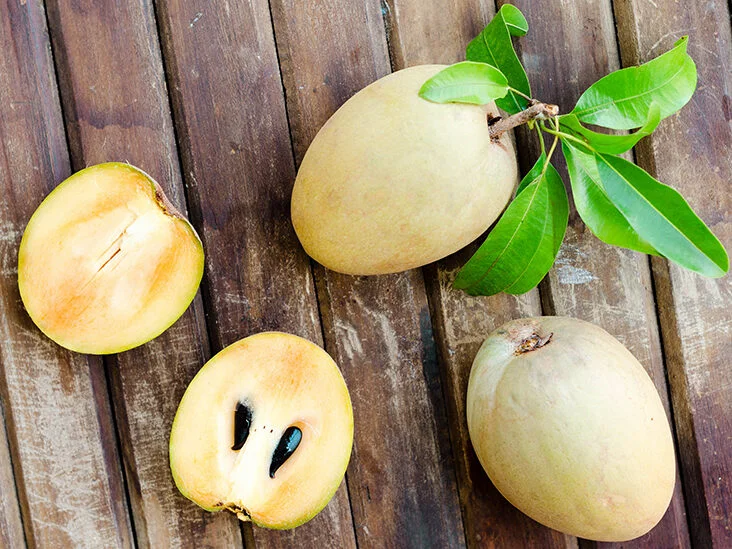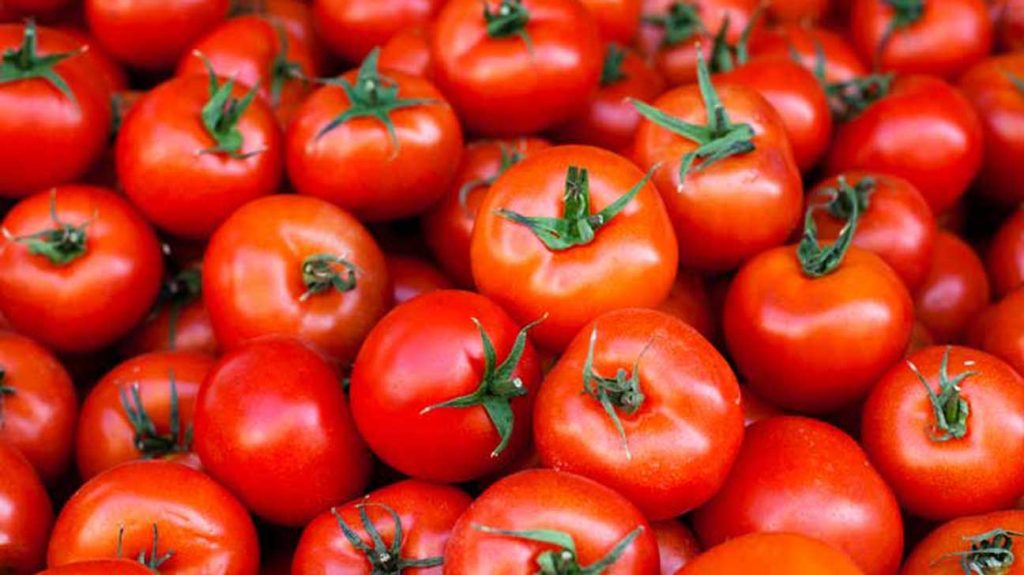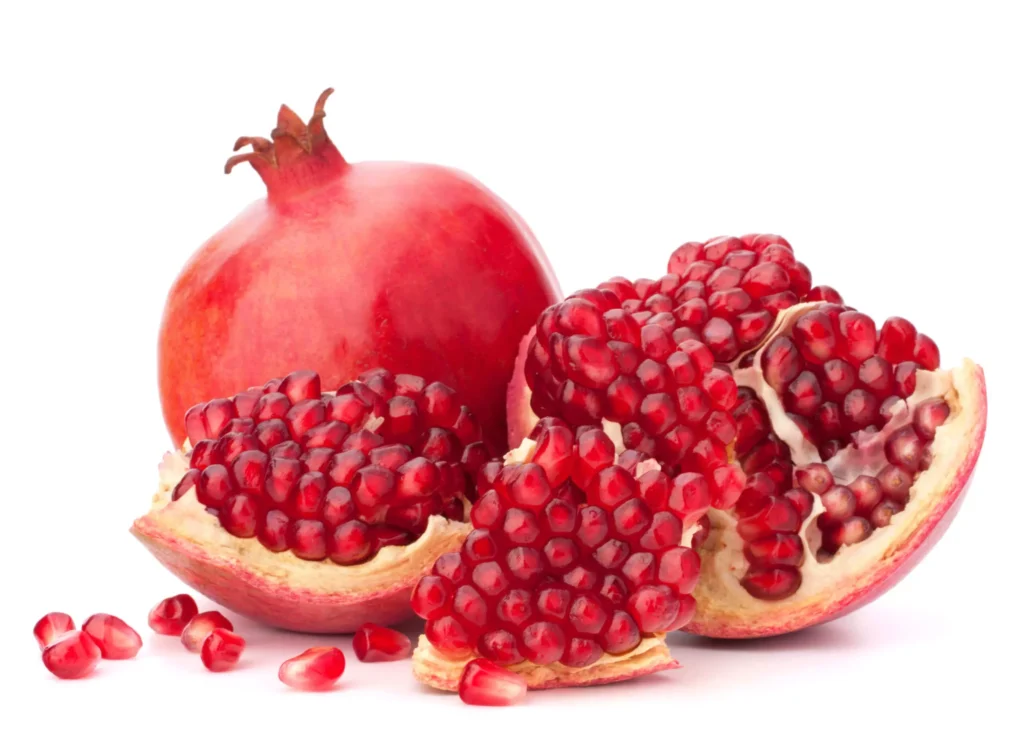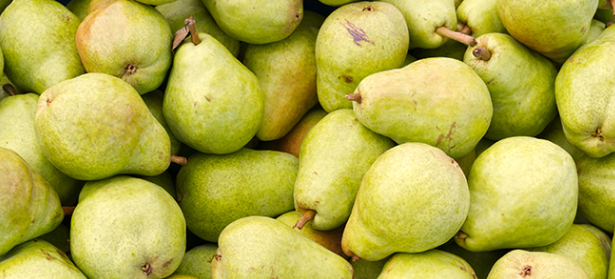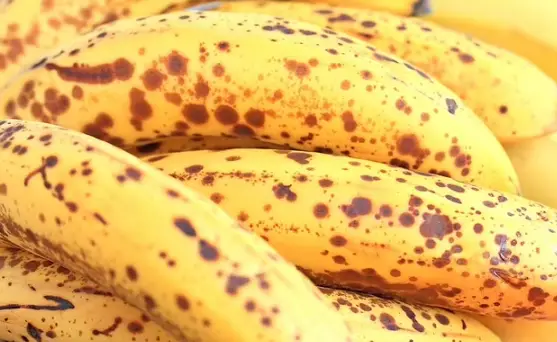Sugar can be found in different types of food and drinks. It makes things taste sweet and enjoyable, but there’s a big difference between sugar that has been processed and sugar that you find in fruits. If you know what makes them different, you can choose what to eat or drink better.
Table of Contents
- What Exactly is Processed Sugar?
- 1. White Sugar
- 2. Brown Sugar
- 3. Powdered Sugar
- 4. Corn Syrup
- What About the Sugar in Fruit?
- 1. Fruit Comes With Fiber
- 2. Fruits Give You Vitamins and Minerals
- 3. Fruit Sugar Is Not As Dense
- 4. Fructose Comes with Friends
- How Our Bodies Take in These Sugars
- 1. Processed Sugar Goes Straight in
- 2. Fruit Sugar Takes Its Time
- 3. Processed Sugar Can Be a Rollercoaster
- 4. Fruit Sugar is a Steadier Energy Source
- 5. Processed Sugar Can Lead to Health Issues
- 6. Fruit Sugar is Generally Good for You
- What Should You Remember?
What Exactly is Processed Sugar?
Processed sugar is the sugar that is taken out and cleaned up from plants, such as sugar cane and sugar beets. Some of the most common kinds include:
1. White Sugar
This sugar is cleaned the most. It has had its dark molasses and minerals taken away, leaving just the sweet white crystals.
2. Brown Sugar
Brown sugar still has a bit of molasses left in it. It’s not cleaned as much as white sugar, so it has a little more minerals but is still very much a processed sugar.
3. Powdered Sugar
Also known as icing sugar, this sugar is white sugar made into a really fine powder. It usually has cornstarch added to it to keep it from clumping.
4. Corn Syrup
Corn syrup is a sticky sweet liquid made from the starch of corn. All the good nutrients are taken out when it’s made. High fructose corn syrup is one type that is used a lot.
What About the Sugar in Fruit?
Natural sugar is what you find in fruit, like apples, oranges, grapes, and bananas. It’s very different from processed sugar because:
1. Fruit Comes With Fiber
Fruit not only has sugar but also fiber. The fiber is really helpful because it makes the sugar get into your body slower, which is good for keeping your blood sugar stable.
2. Fruits Give You Vitamins and Minerals
When you eat fruit, you’re not just getting sugar; you also get important things like vitamin C, potassium, and folate. Processed sugar doesn’t have these because they get lost in the process of cleaning the sugar.
3. Fruit Sugar Is Not As Dense
Fruits have sweetness, but they don’t pack as much sugar in them as sweet treats like candy, soda, or syrups do. So, the sugar in fruits is more spread out.
4. Fructose Comes with Friends
In processed sugars, fructose can often be found by itself, but in fruits, it’s mixed with glucose and other natural sugars. They all work together.
How Our Bodies Take in These Sugars
The way our bodies deal with processed sugar and fruit sugar is pretty different since they’re so unlike:
1. Processed Sugar Goes Straight in
Without fibers or nutrients, processed sugars go into our blood really fast. This can make our blood sugar levels jump up quickly, which isn’t good for us.
2. Fruit Sugar Takes Its Time
The fibers and other good things in fruit wrap the sugar up, which means our body takes longer to digest it. That’s a gentler, healthier process.
3. Processed Sugar Can Be a Rollercoaster
Sugars from things like sodas and sweets get into our system rapidly, which makes our insulin levels rise and fall sharply. Over time, that can stress our body.
4. Fruit Sugar is a Steadier Energy Source
Fruit sugar provides a longer, consistent source of energy. This helps keep our blood sugar levels from swinging too much, unlike processed sugars.
5. Processed Sugar Can Lead to Health Issues
Studies have shown that eating a lot of processed sugar can lead to weight problems, diabetes, fatty liver disease, and other health problems that are part of what’s called metabolic syndrome.
6. Fruit Sugar is Generally Good for You
When you eat fruit in normal amounts and have a healthy diet, the sugar from fruit can be good for your body and give you energy and benefits, not problems.
What Should You Remember?
Even though both kinds have glucose and fructose, processed sugar and fruit sugar are really different. Processed sugars are just sweet with not much else for your body. Fruits, on the other hand, give you a whole package with fiber, vitamins, minerals, and things that help your health. It’s better to eat sugar that comes from whole foods instead of processed ones when you can. Remember to keep things balanced.
Knowing where sugars come from helps you make better eating choices. Go for whole fruit rather than fruit juices. Choose yogurts that have fruit in them, not ones with extra syrups. In general, try to eat less processed sugar and more natural sugar for better health.


